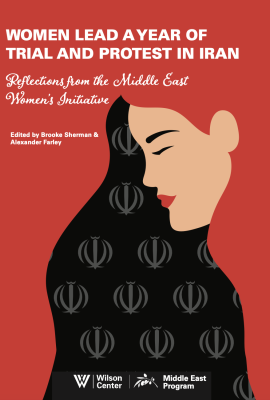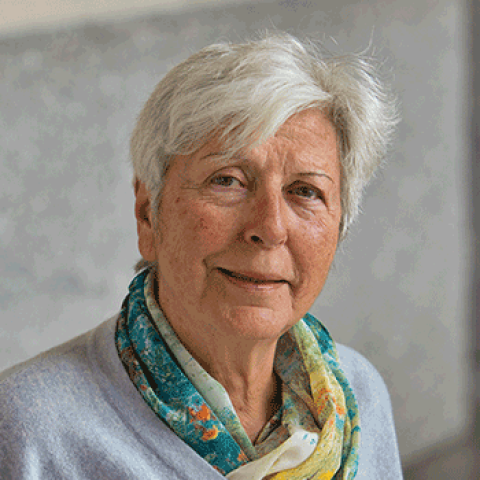Marina Ottaway
Middle East Fellow
202/691-4333
Schedule an interviewProfessional Affiliation
Former Senior Research Associate and Head of the Middle East Program, Carnegie Endowment for International Peace
Expert Bio
Marina Ottaway is a Middle East Fellow at the Woodrow Wilson Center and a long-time analyst of political transformations in Africa, the Balkans, and the Middle East. She is working on a project at the Wilson Center about the countries of the Arab Spring and Iraq. Ottaway joined the Wilson Center after 14 years at the Carnegie Endowment for International Peace, during which she played a central role in launching the Middle East Program. Prior to that, she carried out research in Africa and in the Middle East for many years and taught at Georgetown University, the Johns Hopkins School for Advanced International Studies, the American University in Cairo, the University of the Witwatersrand in South Africa, the University of Zambia, and Addis Ababa University. Her extensive research experience is reflected in her publications, which include nine authored books and six edited ones. Her most recent publications include Getting to Pluralism, co-authored with Amr Hamzawy and Yemen on the Brink, co-edited with Christopher Boucek. While at Carnegie, she also supervised their Guide to Egypt’s Transition, a website that provides background and analysis on issues that will shape Egypt’s political future, and Iraqi Elections 2010, an online guide to Iraqi politics. Ottaway received her Ph.D. from Columbia University.
Wilson Center Project
Co-author with David Ottaway of forthcoming book “A Tale of Four Worlds: the Arab Region after the Uprisings.
Previous Terms
1979-80
Insight & Analysis by Marina Ottaway
Filter
- Video
- History
Living Interesting Lives: Daily Life Amidst Coup D’etat and Revolution
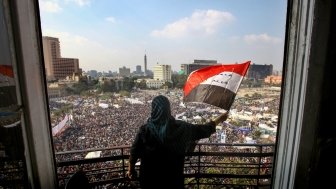
- Article
- International Security
360° Reactions: One Year Since October 7
- By
- James F. Jeffrey,
- David Hale,
- Robin Wright,
- and 5 more
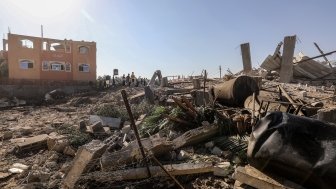
- Article
- International Security
Iraq and the Demise of Federalism
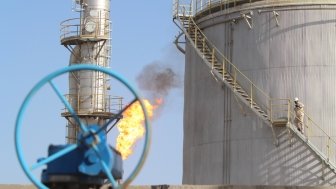
- Article
- International Security
Reactions From Wilson Center Experts to the Iranian Attack Against Israel
- By
- James F. Jeffrey,
- Robin Wright,
- David Ottaway,
- and 2 more

- Article
- International Security
Gaza and the Challenge to Universal Principles

- Article
Hard Questions about the Gaza Issue We Need to Face
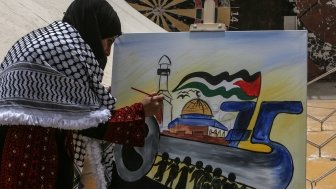
- Article
- Hamas
Hamas-Israel War: Views From Wilson Center Experts
- By
- Robert Daly,
- Yair Hirschfeld,
- Raphael Cohen-Almagor,
- and 6 more

- Publication
- Women & Gender
Women Lead A Year of Trial and Protest in Iran: Reflections from the Middle East Women’s Initiative
- By
- Haleh Esfandiari,
- Merissa Khurma,
- Marina Ottaway,
- and 3 more
